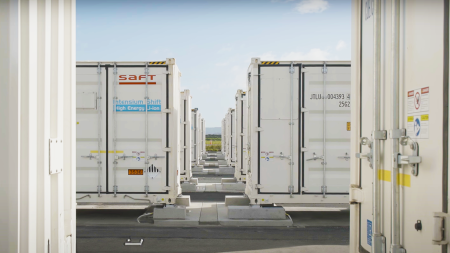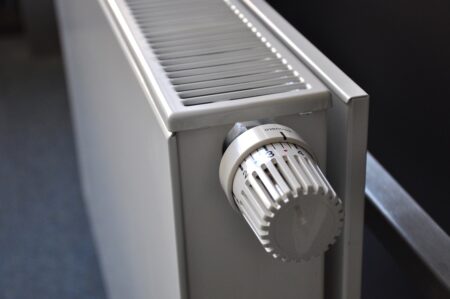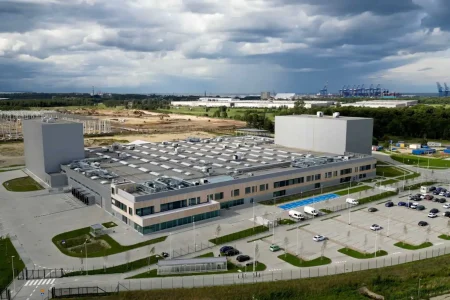According to a recent study by TAQA, Europe has long been interested in the idea of importing green hydrogen from Morocco in particular because of its enviable location so near to the old continent and the availability of the necessary infrastructure.
In this context, he stated that a recent analysis by Aurora Energy Research revealed that by 2030, importing green hydrogen from Morocco will be more advantageous than producing it domestically in Europe.
According to the European Commission’s proposal, “green hydrogen will be vital to replacing natural gas, coal, and oil in industries that are difficult to decarbonize and transport.” Hydrogen is expected to play a significant role in the EU’s energy transition.
Using Germany as a case study, Aurora Energy predicts that importing green hydrogen will be financially advantageous for the EU by 2030, with imports from Australia, Chile, and Morocco in particular offering comparable prices compared to domestic green hydrogen generation.
According to an Aurora Energy report obtained by the specialized energy platform, renewable hydrogen production in Germany will cost between 3.90 and 5 euros per kilogram by 2030.
The fact that Aurora exclusively examines hydrogen produced by electrolysis devices directly connected to renewable sources and disconnected from the national grid reflects the discrepancy in solar and onshore wind generation across the nation.
By 2030, the EU may purchase green hydrogen from Australia, Chile, Morocco, and the United Arab Emirates, countries with great potential for producing renewable energy and project developers eager to export hydrogen.
The average cost of producing hydrogen in each of these nations in 2030 is less than the range of German production costs, coming to €3.1 ($3.39) per kilogram in Australia and Chile, €3.2 ($3.49) in Morocco, and €3.6 ($3.93) in the United Arab Emirates.
The least expensive mode of transportation for green hydrogen importers in Germany is via pipelines; in 2030, the cost of importing from Morocco by pipeline will be 3.72 euros ($4.06) per kilogram.
By 2030, the EU is not on pace to create a working network of hydrogen pipelines that can transport supplies from Morocco to Germany.
Compared to shipping green hydrogen, accelerating pipeline building might lower import prices by at least 20%.
The most cost-effective alternative in 2030 is to import hydrogen from Morocco into Germany via ship in the form of liquid hydrogen. This option will cost 4.58 euros ($5) per kilogram.
Transporting hydrogen in ammonia will cost 4.72 euros ($5.15) per kilogram, whilst using liquid organic hydrogen tankers to import hydrogen from Morocco will cost 4.68 euros ($5.11).
Only if hydrogen is carried as ammonia, which costs 4.84 euros ($5.29) per kilogram and 4.86 euros ($5.31) per kilogram, respectively, will imports from Australia and Chile be competitive.
The cost of transporting hydrogen in ammonia, which is the cheapest option, is 5.36 euros ($5.85) per kilogram, making the import of hydrogen from the UAE uncompetitive.








